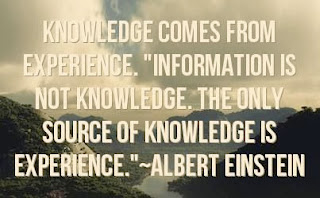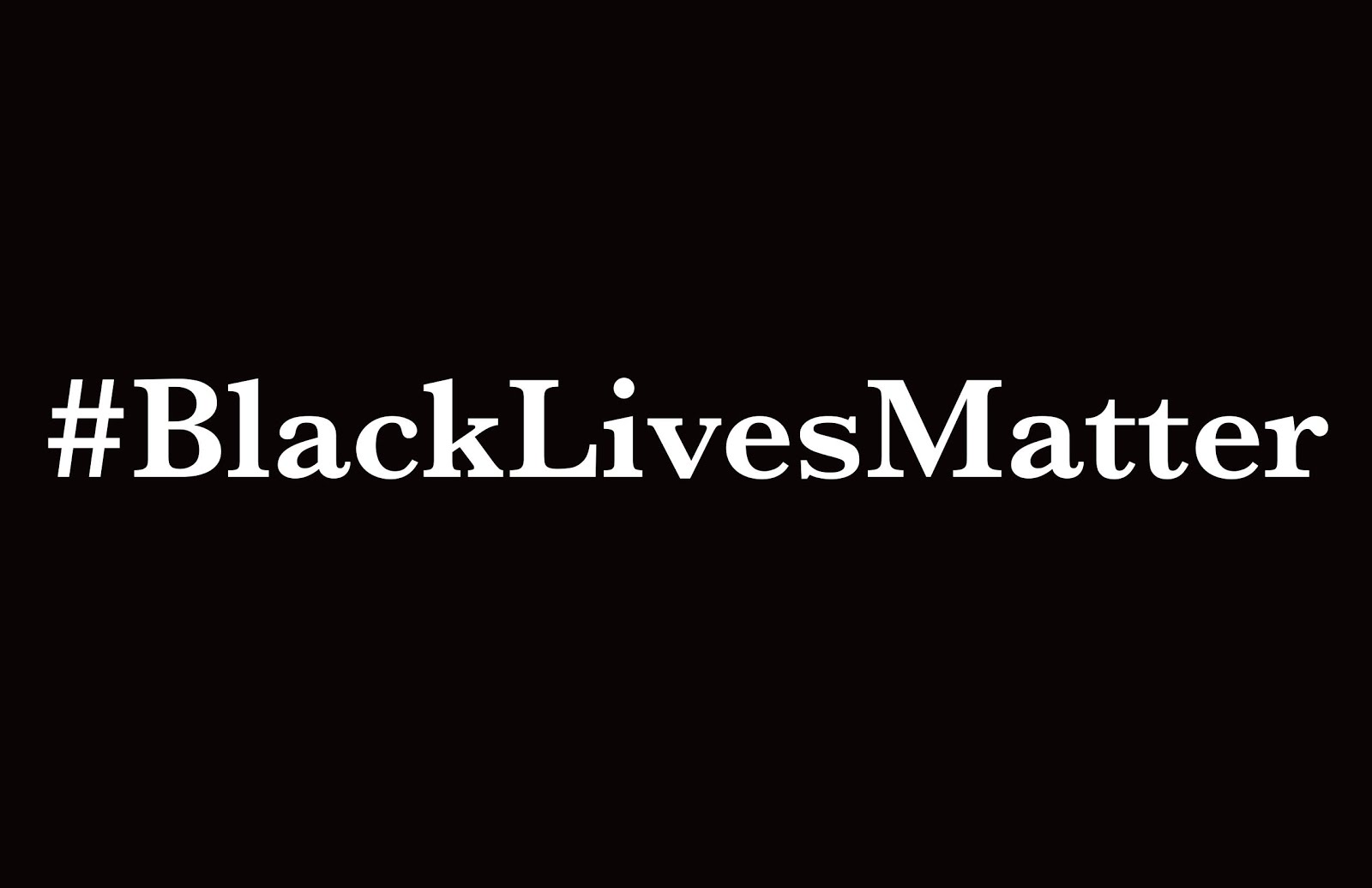is one thing...information about or second-hand knowledge about an experience are different things.
I happen to be biologically sexed (this references my external genitalia and other physical attributes...biological sex is not the same thing as gender which refers to the way a culture views biological sex) as male. I have many decades of living as a male, many instances of other humans interacting with me predicated on my being male. I have stored up lots and lots of memories and experiences of the reactions of other humans toward me and included in their behaviors involving me were, almost always, factors influenced by my biological sexual identity.
Since I have much experience living as a male...does that mean I know what it is like for all males in my culture? Nope. Although I might have some good guesses as to what an experience might be like for a male based on such living...those guesses would be based on my unique history and situation and culture and and and. Once I start generalizing from my particulars...the potential for error proliferates. But...my generalizing is likely to be less error prone than generalizations coming from someone who does not have the lived experience of being a male...presuming our general knowledge bases are similar. They might even know facts that I do not...but they cannot know about that experience of being male without being male.
Two things to consider...all males differ from one another in greater or lesser degrees and each male has a specific set of unique life and cultural experiences that have served to influence them...and those differ from person to person hence generalizing always risks greater or lesser error.
I have never lived being identified as a female...but...I'm identified as a member of the human species and human females are identified as members of that same species so I can make good guesses as to what an experience might be like for a female since we're both human, right?
Nope. Even though I share categorization as human (I'm pretending here that "human" is a designation that has some sort of meaning that's significant...I'm not sure that's quite accurate like we pretend it does) the difference in the way others behave toward us based on our sex means many/most (if not all) situations will involve different factors because of the significance associated with our designated sexual identity. No doubt...there probably are similarities...but the differences, whether blatant or subtle, are significant and influential. I can make guesses, sure, but they will be guesses that almost invariably include error...whether small or great. And...most importantly...I would likely be unaware of those errors because my comprehension and understanding would be filtered by my being male.
I do not know what it is like to experience life as a female. Does that mean I can't know? Well, in significant ways, yes it does. That doesn't mean I can't study and learn and acquire information about the lived experiences of females but...having information about is different than having lived those experiences.That's something you can't get around...as far as I know.
I might could achieve a distorted and warped and rather inauthentic version of such experiences if I lived as a female. By that I mean if I dressed and acted like and presented myself to other humans as if I were a female. But...that would be problematic because I would still be a male and that would profoundly influence my experience (it would be problematic for other reasons too...obviously) because I wouldn't be a female...I would be a male pretending to be a female....which is not the same. I would not have the experience of being responded to as a female from birth...that would not be available to me.
None of the images I've used in this post are "perfect" in terms of what I'm grappling with here...but each provides a varying take on something similar. I'm uncertain whether Dr. Einstein actually made the statement in that first graphic...but...it does express something that's important to keep in mind.
It's also important to keep in mind that information about...oh say baking a cake or any other area of doing or engaging in tasks...is not the same thing as experiencing something. Knowing the steps to follow in making a skydive is not the same thing as having the experience of doing a skydive. And...the experience of learning how to do a skydive and the doing of a skydive would be different for a female (because of her unique history and learnings) than for a male. There would be similarities, of course, but there would also be differences. Differences would also arise based on other socially emphasized aspects of identity too...such as age or race or ableness.
The "me" that I experience as me is profoundly and completely affected by my sex and my race and my physical ableness and my age and my class and my education, etc. Primarily not because those aspects of me are necessarily "real" or that big of a deal by themselves but...because in U.S. American culture those factors strongly influence how others react to me and behave towards me and how I'm taught to think about myself and those who are not me.
And those factors are often...probably more often than not...hidden to me in terms of how their influence determines what I experience and how I interpret that experience. They point me toward paying attention to certain things and also toward ignoring other things and thereby steer my knowledge acquisition and awareness.
The skydive example is illustrative of the point of this post. A human can learn all the things they need to learn to be able to successfully skydive...they can learn from books and/or other humans...they can practice or watch videos over and over. But...until they actually skydive...they will not...nor can they...know what the experience of skydiving is like. You can't substitute learning or practice or imagining or thinking about for the actual experience of a skydive.
I can never know what it is like to have the lived experiences that someone has if they are biologically sexed as female. I can never know what it is like to have the lived experiences of someone who has never been able to hear. I can never know what it is like to have the lived experiences of someone who is identified as Native American. And on and on and on. I can learn about those experienced lives from those who have lived them...but I cannot know in the way that each who live those lives knows. And...if I try to learn about that experience of being female without listening...and listening for a long time and very carefully...to those who live as females...then I'll learn erroneous and misleading things.
So what?
Consider opinion polls. Here in the U.S. opinion polls have become quite popular in the public media. They can be useful (maybe) but they can be profoundly misleading and are often used in ways that are much more misleading than they are illuminating. Think about this...if say the question asked in a poll is about going to war? Take a look here and you'll see the "opinion" results of just such a poll. But...notice...the poll results lump all sexes and all races and all ages and and and...all together. We can't tell from what is presented to us what the opinion of folks are depending on whether their lived experiences are those of a black female, a white male, a gay female, or or or.
Here's a link to an NPR interview of a reporter who notes that 70% of African Americans opposed the Iraq invasion before it began...but...you would not know that just by looking at that poll I linked to in the previous paragraph.
Lived experience profoundly influences our comprehensions. The lived experience of those in charge of every major social institution here in U.S. America is that of a white male. Think of it...Education, Government, Corporations, Media, Medicine, and so on...all of the societal configurations of power and influence are "led" by humans who have only the lived experience of being a white male. This source estimates that as being only about 36% of the U.S. population (and that includes children...so it's even less for adults).
If we take the 36% value as semi-accurate (remember that includes white male children, so it is inflated) then I'll make it 30% to sort of take out the children...it would actually be even less than 30%...but even then...that means that 70% of the U.S. population's lived experiences are only vaguely (if at all) known to those who "lead" our major societal institutions. Consider...those who are sexed as female are the numerical majority in the U.S. And...the major social institutions that are lead by females is exactly zero. That's so bizarre that it would be laughable if it weren't tragic and sad and ignorant making.
I'm really really old to be just now fully appreciating this. If you're younger than me...and I'm pretty sure you are...don't stay ignorant and oblivious about this as long as I have. I wish I had read something like this 50 years ago but...maybe I did and just ignored it. Do better than me. Please. Remember...knowing about something is not the same thing as having a lived experience of something.
Whenever you encounter someone coming from a "knowing about" position trying to override or obviate or dispute someone coming from a having lived experience of something....be very very dubious. No one is perfect and having a lived experience of something doesn't include achieving perfection of knowing...but...the odds are strongly in favor of the one with a lived experience accessing awarenesses that the one without the lived experience simply cannot.
To presume that those without the lived experience of something can speak for or can "know" about that lived experience more truly or accurately than those who went through it is....well...silly. But...our culture really works hard at trying to convince us to lend more credence to those with power over something instead of those with the lived experience of that something.
Imagine folks who read books about skydiving (but haven't skydived) trying to tell folks who have skydived what skydiving feels like. It's sort of pitiful when you think about it. No wonder we have so much trouble figuring things out.
Thursday, October 8, 2015
Subscribe to:
Post Comments (Atom)










2 comments:
A very interesting article. Frankly I don’t think that you can ever experience what it is like to be another person. I think we can empathize to some degree but not really enough to know what it is like to be someone else in their situation. We are all individuals though we fit into a number of common slots such as you say age, gender, education, race and so on but we are all unique. There are so many nuances of experiences that shape who we are. We cannot begin to know what it is like to be someone else and even pretending we do really doesn't work does it. Many people like to speak for others, claim they know how this person feels, politicians for example, here in the UK decision makers such as MPs often claim they know what is best for people but really have no idea what it is like for instance to be poor or sick or disabled yet they make decisions on their behalf and claim to know what is best for these groups despite the fact that few MPs are poor, sick or disabled.
Thank you for commenting Christine. We are indeed all unique yet we often experience similar treatment (disregarding our unique qualities) predicated on whatever "common slot" we happen to get identified with. Your illustration regarding those struggling with poverty, illness and/or disability is spot on.
Post a Comment